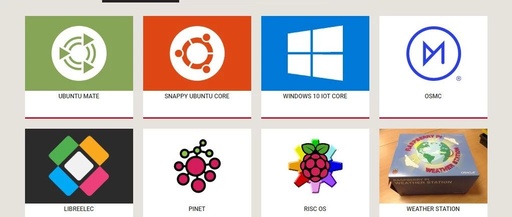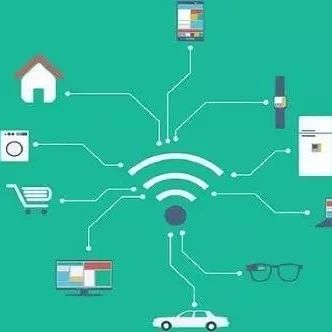Exploring the Computer Boot Process
2016 Microcomputer and Applications Issue 3 Author: Yuan Qianqian Abstract: This article provides a detailed study of the computer boot process and system loading, combining the collaborative calling mechanism between hardware and software. It offers a relatively comprehensive discussion of the entire process from pressing the power button to loading the operating system, ultimately displaying … Read more









